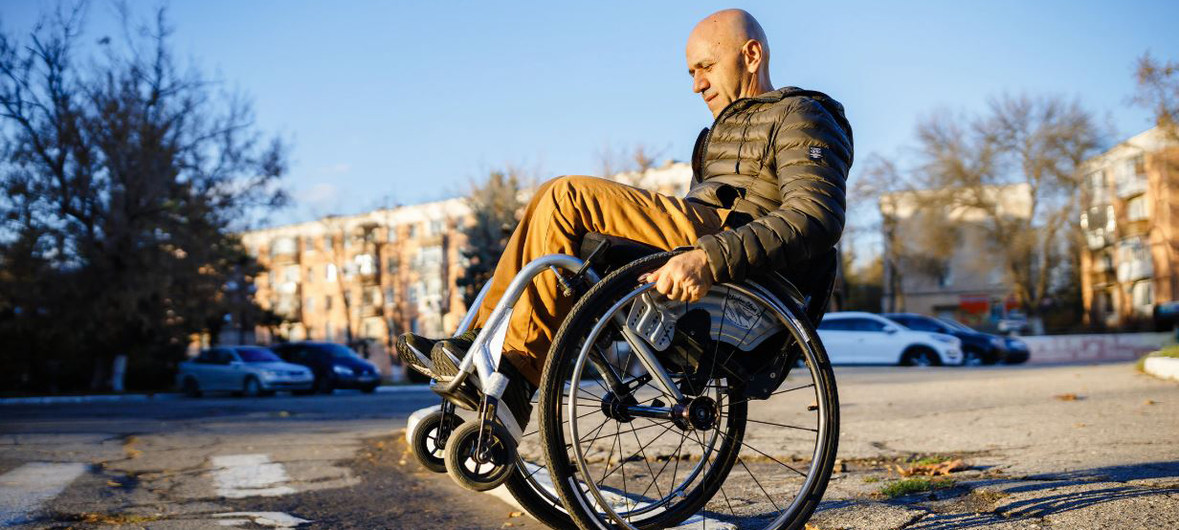 Disabilities
Disabilities New guidelines aim to dismantle barriers blocking people with disabilities from access to justice
New York: The first-ever guidelines on access to justice for people with disabilities are an “indispensable contribution” towards ensuring justice for all, UN human rights experts said on Friday.
The document will help countries dismantle the barriers that block people with disabilities from being able to use justice systems worldwide.
“The guidelines respond to the challenges that people with disabilities face in accessing justice on an equal basis with others,” said Catalina Devandas, UN special rapporteur on the rights of persons with disabilities.
A 'practical handbook' for countries “Many barriers prevent that access. Just to name a few, court houses or police stations are often not accessible, or court officials and police officers may not think that those with disabilities can take part in legal proceedings or have the capacity to instruct a lawyer. We want to help countries dismantle obstacles and parallel systems that prevent access to the existing guarantees and rights by all people.”
The International Principles and Guidelines on Access to Justice for Persons with Disabilities are the product of joint work by the three UN bodies that deal with disability rights.
They were developed in collaboration with disability rights experts, organizations of people with disabilities, States, academics, and others.
“These guidelines are an important contribution to international human rights law, and are an indispensable contribution to achieving justice for all,” said Danlami Basharu, chairperson of the Committee on the Rights of Persons with Disabilities.
“For the first time, countries will have a practical handbook on how to design and implement justice systems that provide equal access to justice for people with disabilities, regardless of their role in the process, to bring them into line with the Convention on the Rights of Persons with Disabilities and other international standards.”
Principles for inclusion
The guidelines outline 10 principles of access to justice for people with disabilities – such as “people with disabilities have the right to participate in the administration of justice on an equal basis with others” – and detailed steps for implementation.
They have been endorsed by the International Disability Alliance and the International Commission of Jurists.
“We believe we have supplied one pillar that many justice systems were lacking – disability inclusion,” said María Soledad Cisternas Reyes, Special Envoy of the UN Secretary-General on Disability and Accessibility.
“This should be a valuable tool for everyone in the justice system. We want to ensure that people with disabilities are part of the system in the same way they are part of society, that they can fully exercise the human rights they have by virtue of being human.”
About UN rapporteurs
The Special Rapporteurs and Independent Experts are part of what is known as the Special Procedures of the Human Rights Council. The experts work on a voluntary basis; they are not UN staff and do not receive a salary. They are independent from any government or organization and serve in their individual capacity.
Support Our Journalism
We cannot do without you.. your contribution supports unbiased journalism
IBNS is not driven by any ism- not wokeism, not racism, not skewed secularism, not hyper right-wing or left liberal ideals, nor by any hardline religious beliefs or hyper nationalism. We want to serve you good old objective news, as they are. We do not judge or preach. We let people decide for themselves. We only try to present factual and well-sourced news.







